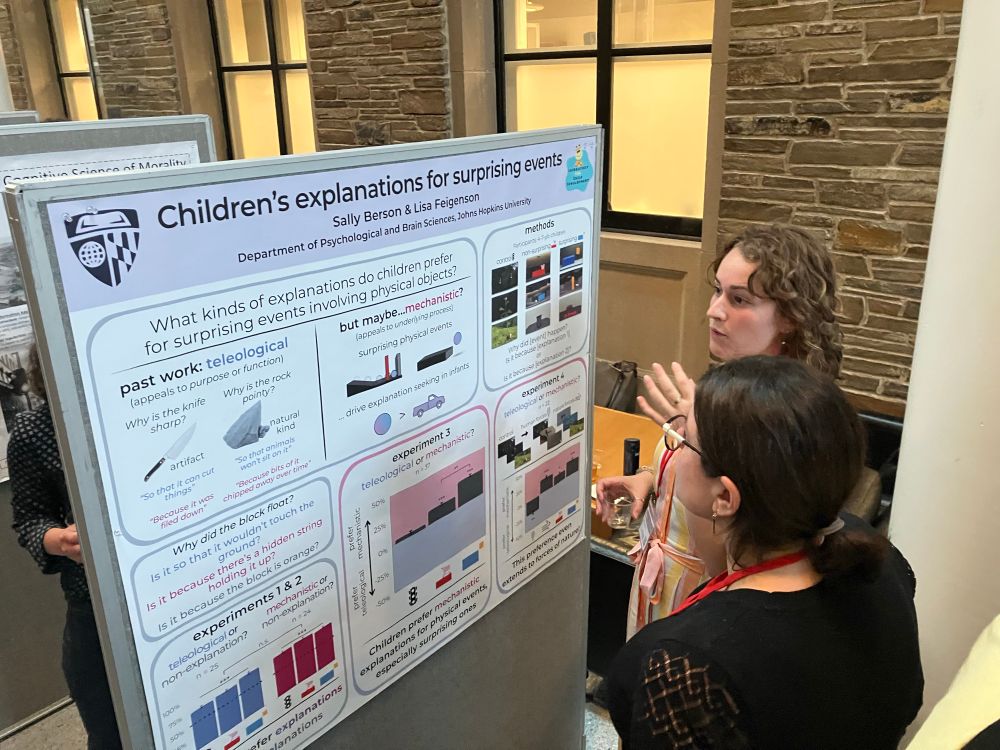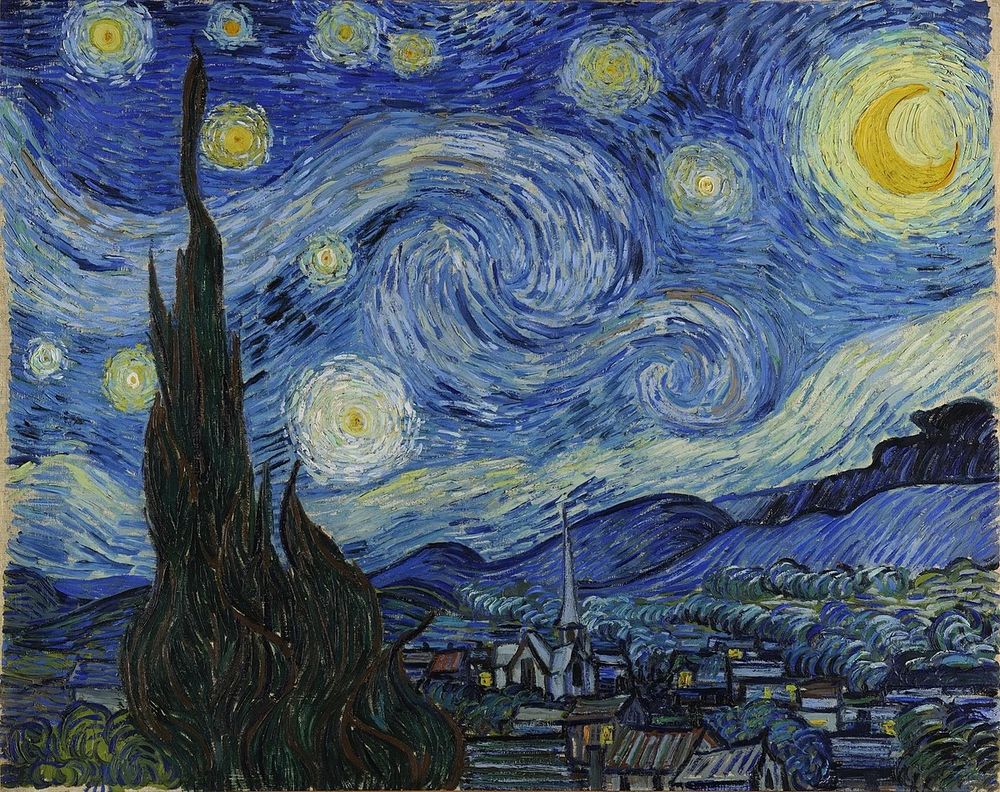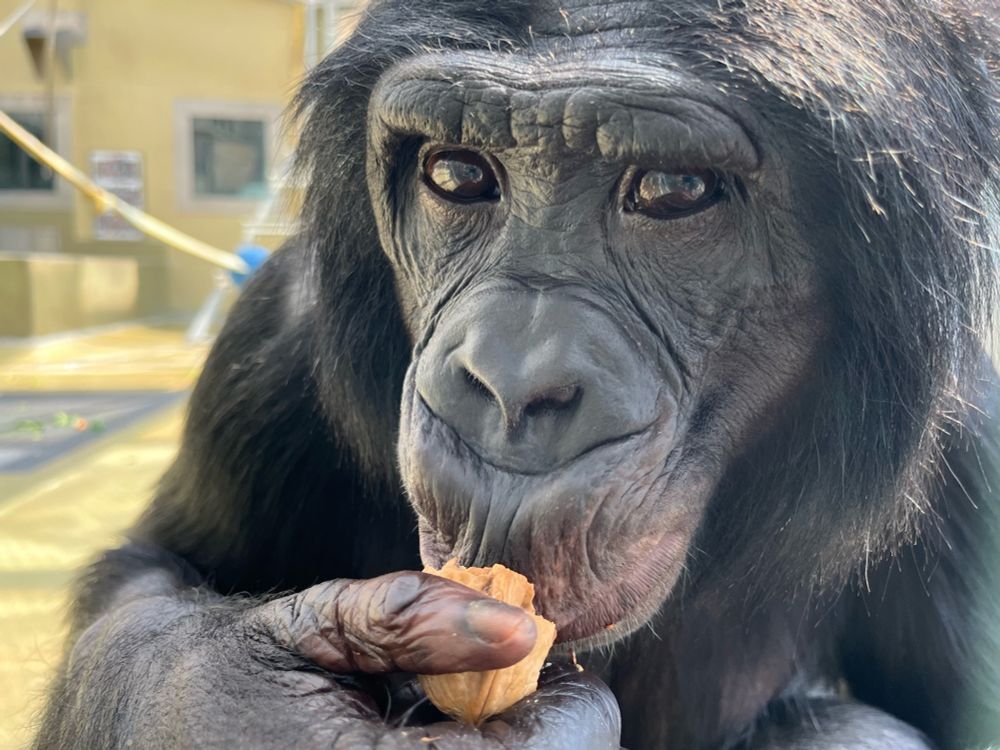With Alon Hafri, @veroniqueizard.bsky.social, @chazfirestone.bsky.social & Brent Strickland
Read it here: doi.org/10.1017/S014...
A short thread [1/5]👇

With Alon Hafri, @veroniqueizard.bsky.social, @chazfirestone.bsky.social & Brent Strickland
Read it here: doi.org/10.1017/S014...
A short thread [1/5]👇
www.momentslab.org

www.momentslab.org
www.cogdevlab.org

www.cogdevlab.org

Ever wondered if there’s any point in feeling regret? In this paper, I argue that regret is valuable because it helps us overcome temptation. Check it out: philpapers.org/rec/GOHRLA

Ever wondered if there’s any point in feeling regret? In this paper, I argue that regret is valuable because it helps us overcome temptation. Check it out: philpapers.org/rec/GOHRLA
In a new paper, Sam Clarke and I push the limits of this test. We show spatially selective, putatively "visual" adaptation to a clearly non-visual dimension: Value!
www.sciencedirect.com/science/arti...

In a new paper, Sam Clarke and I push the limits of this test. We show spatially selective, putatively "visual" adaptation to a clearly non-visual dimension: Value!
www.sciencedirect.com/science/arti...
In a new paper in Proc B @royalsocietypublishing.org, Luz Carvajal and I show that a bonobo (Kanzi) can keep mental tabs on the whereabouts of multiple hidden social partners
royalsocietypublishing.org/eprint/4GI7G...

In a new paper in Proc B @royalsocietypublishing.org, Luz Carvajal and I show that a bonobo (Kanzi) can keep mental tabs on the whereabouts of multiple hidden social partners
royalsocietypublishing.org/eprint/4GI7G...
I also think it's important for people to know Tal made coasters of these


I also think it's important for people to know Tal made coasters of these
In @currentbiology.bsky.social, @chazfirestone.bsky.social & I show how these images—known as “visual anagrams”—can help solve a longstanding problem in cognitive science. bit.ly/45BVnCZ
In @currentbiology.bsky.social, @chazfirestone.bsky.social & I show how these images—known as “visual anagrams”—can help solve a longstanding problem in cognitive science. bit.ly/45BVnCZ

osf.io/preprints/ps...
osf.io/preprints/ps...
In @nathumbehav.nature.com, @chazfirestone.bsky.social & I take an experimental approach to style perception! osf.io/preprints/ps...

In @nathumbehav.nature.com, @chazfirestone.bsky.social & I take an experimental approach to style perception! osf.io/preprints/ps...
Do you remember seeing a ball in the second half of the video? Up to 37% of our participants reported seeing a ball, even though it wasn’t there. Why?
In a new paper in press @ Cognition, Brent Strickland and I ask what causes event completion. osf.io/preprints/ps...
Do you remember seeing a ball in the second half of the video? Up to 37% of our participants reported seeing a ball, even though it wasn’t there. Why?
In a new paper in press @ Cognition, Brent Strickland and I ask what causes event completion. osf.io/preprints/ps...
In @pnas.org, Luke Townrow and I show that our closest relatives, bonobos, can track when a partner is knowledgeable or ignorant, and tailor communication accordingly
www.pnas.org/doi/10.1073/...

In @pnas.org, Luke Townrow and I show that our closest relatives, bonobos, can track when a partner is knowledgeable or ignorant, and tailor communication accordingly
www.pnas.org/doi/10.1073/...
Now in press @ JEP:G with @samiyousif.bsky.social @actlab.bsky.social @robbrutledge.bsky.social; osf.io/preprints/ps...
Now in press @ JEP:G with @samiyousif.bsky.social @actlab.bsky.social @robbrutledge.bsky.social; osf.io/preprints/ps...
Object complexity comes in many different kinds — such as visual, mechanistic, and more. How are these kinds related?
Now out @ JEP:G, Frank Keil and I argue that mechanistic complexity is fundamental.
psycnet.apa.org/record/2025-...
Object complexity comes in many different kinds — such as visual, mechanistic, and more. How are these kinds related?
Now out @ JEP:G, Frank Keil and I argue that mechanistic complexity is fundamental.
psycnet.apa.org/record/2025-...

